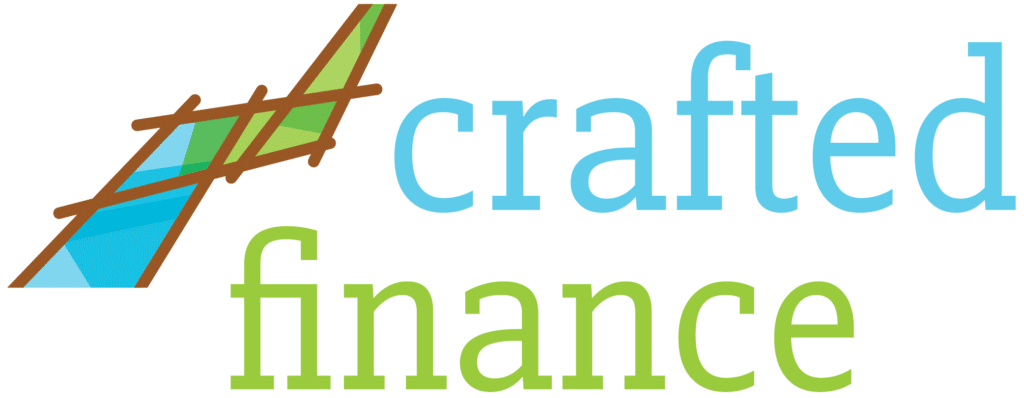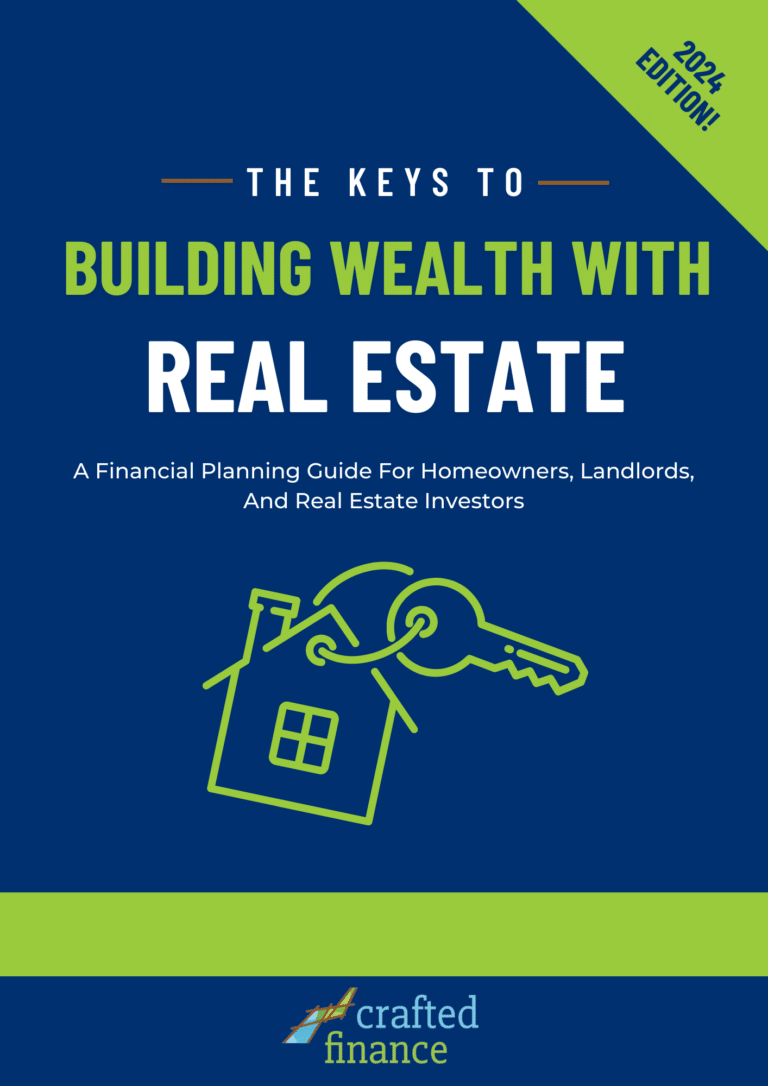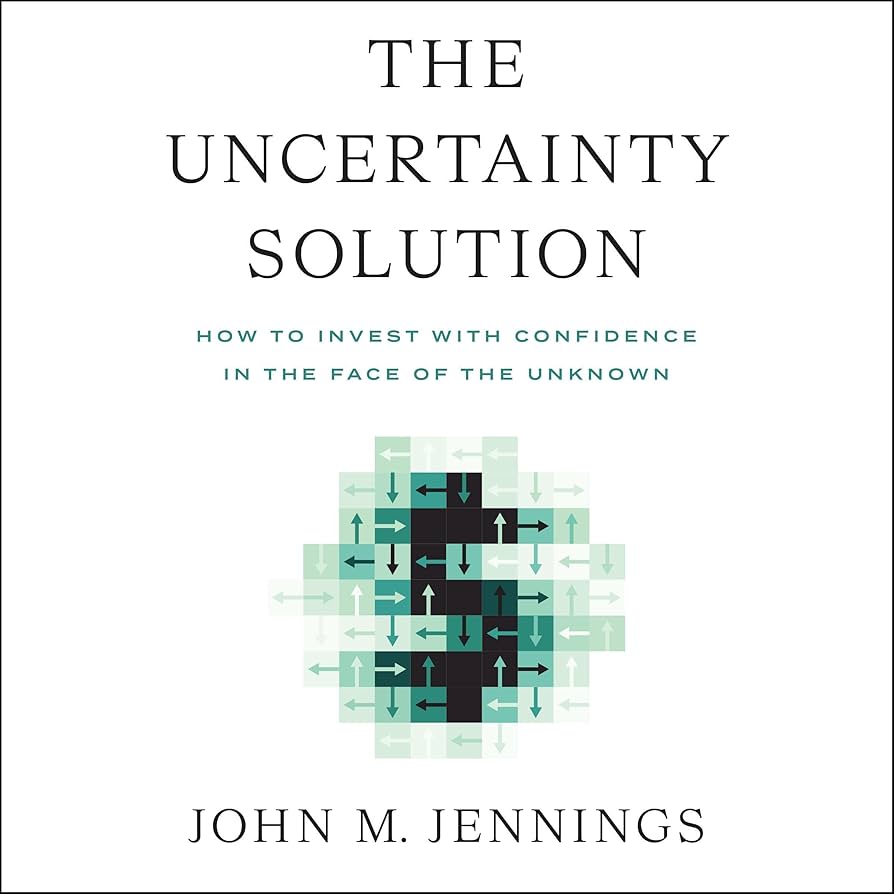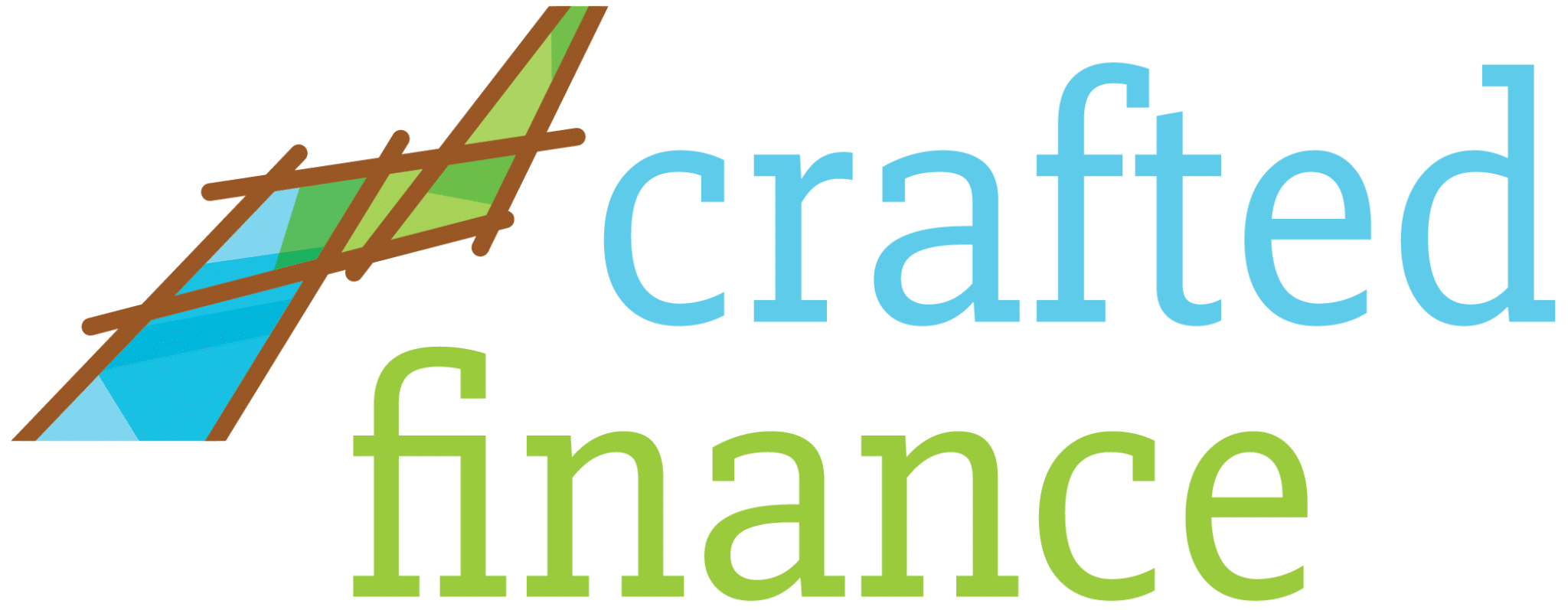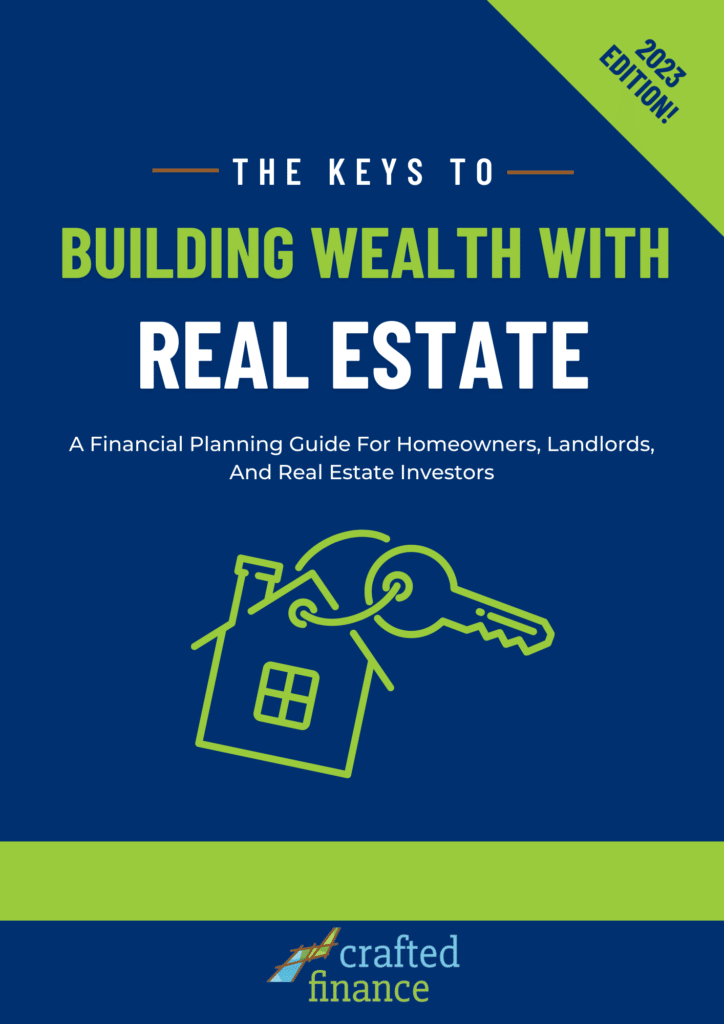Having revenue streams outside of your main job is instrumental in securing your financial freedom. It expedites the process there, and takes the pressure off the need for your current work. And there’s a popular way of going about it…
A lot of our clients already own multiple real estate properties or have it as one of their goals. So together we’ll walk through multiple ways of investing in real estate, and their respective advantages and disadvantages.
Let’s get started.
1. Renting Out Properties
If you’re renting out a property, you’ll need both a property and tenants. A major advantage here is the collection of monthly rental payments, which generates a flow of “passive” income.
Why is passive in quotes'
Well, because of how non-passive it can be. Passive is really a term for the IRS to figure out how to tax your income. And while rent payments are great, securing them can become a hassle. Several activities can start seriously consuming your time, like:
- Advertising and showing the property to potential tenants
- Doing background checks on tenants
- Searching for new tenants
- Performing inspections or repairs for tenants
- Evicting tenants
Thankfully, things can be made more passive through the hiring of a property manager. That’s someone, or some company, that’s authorized to take care of the above bullets for you. But they’ll be charging a fee, which brings up another important consideration.
When you apply your monthly rent collections towards things like mortgage payments, repairs, and property management fees, there’s often not much left over. You could realistically only be making a few hundred dollars a month on a given property. So, it’s crucial to understand that replacing all of your active income with rental properties will take some time.
With that said, rental properties can still be a great way to bring in a supplemental income. And your properties can still appreciate in value and be sold later on.
When It Comes To Selling Rental Properties
You should know that when you sell an investment property for a gain, you’ll be subject to a capital gains tax. Either a short-term (year or less) or long-term (over a year) one. It’s also worth noting that short-term gains are more costly, and are taxed as ordinary income. [1]
You may also reinvest your earnings and defer paying taxes. This is allowed through a 1031 exchange, which is a section of the IRS tax code that enables you to postpone paying a capital gains tax by rolling the profits into another property. You can read the specifics here, just know you’ll still end up paying all the deferred taxes when you finally cash out. [2]
Since rental properties are usually held for longer periods of time, they allow for the more favorable, long-term capital gains taxes. And should you choose to reinvest, they can offer the opportunity to defer taxes and scale your rental(s) to make more each month.
2. REITs
A REIT, or real estate investment trust, is a company that serves as the owner (and often the operator) of income-generating properties. These properties can include residential ones (like your home) or commercial ones (like office buildings or warehouses). And you can invest in a REIT just like you might in a mutual fund or ETF. That’s because most are publicly traded.
By investing in a REIT you become an equity holder, and are entitled to regularly-scheduled income just like rentals. Only instead of collecting rent you’ll be collecting dividends proportional to your investment. And in case you aren’t familiar, a dividend is simply a distribution of a company’s profits to its shareholders. Even better is that…
The SEC requires REITs to distribute at least 90% of their taxable income to shareholders. [3]
Many REITs pay dividends on a quarterly basis, but some pay them out monthly. This can be a great alternative for those considering a rental property. You may not be able to afford, or want to risk a larger down payment. So, the more affordable deposit needed for a REIT may be a more attractive option for monthly (or quarterly) income.
REITs are also entirely passive, diversified, and able to be cashed out of quickly. This too can be favorable to the more active, concentrated, and lengthy sell times of a rental. However, REITs can be much more volatile, with publicly traded ones swinging in value with the stock market. They also offer far less control over what properties your money is being invested in.
3. Self-Storage
Self-storage is an area of real estate that’s often forgotten. And that’s a shame because it can be a very viable option with two primary ways of getting involved.
One way to get involved is through a self-storage REIT. Like REITs composed of residential or other commercial properties, you’ll be able to invest in them passively and collect dividends. And in the current, post-pandemic economy, it might be a better option.
Earlier this year it was found that the total returns from self-storage REITs were outperforming all other REIT sectors aside from mall landlords and shopping centers. [4] Still, in an ever-changing economy, self-storage REITs are subject to volatility. But it’s also true that self-storage developers saw many first-time users as a result of the pandemic’s disruptions. [4]
The second way to get involved is to own and operate a self-storage business. And compared to traditional rental properties, there can be several advantages, like:
- Lower overhead expenses
- Lower development costs
- Less property management
- Month-to-month tenancy with faster rate increases
While self-storage facilities require less upkeep than rental properties, there’s still a need for some management. Additionally, costs to acquire a self-storage business are likely to be much greater than buying into a REIT or making a down payment for a rental. And, even if you can afford it, you’ll still need to do extensive research before doing so.
4. Flipping Houses
Flipping a house is a process of buying a fixer-upper home, sprucing it up, and quickly reselling it on the market. This can be a quick, and highly profitable venture if you can pull it off. But that can be a very big “if.”
NOTE: This type of real estate investing is very active. House flipping is a form of real estate development, and demands the hours and attention of a full-time job. I wanted to make that clear to anyone exploring passive income opportunities in real estate.
While hit TV shows and real estate gurus may make it look easy, flipping a house can be rather complex. Especially if you don’t know what you’re doing. You’ll need to do extensive research on the home(s) you intend to buy, current real estate trends, and present remodeling costs. On top of that, there are other costs you will need to consider, like:
- Property taxes
- Mortgage payments
- Selling expenses, including excise (i.e. sales) taxes in some municipalities
You’ll also spend considerable time managing your budget and coordinating with the suppliers, contractors, and realtors needed for buying, fixing, and selling your home. And if you aren’t able to adequately improve and sell the property, you’ll be stuck with a cash-draining liability rather than an appreciated asset. But if you can pull it off, you can walk away with a nice profit or look to reinvest your earnings.
However, since flippings often seek to happen in under a year, you’ll likely end up paying a capital gains tax in the short-term. Again, this means your earnings will be taxed as ordinary income, which is costlier when compared to taxes on earnings in the long-term.
The Bottom Line
We’ve only scratched the surface of the types of real estate you can invest in. There are more styles, types, funds, sizes, and locales to do your due diligence on. Think of all the land and buildings on the globe owned by humans, and each owned by one or multiple investors.
Nevertheless, you can propel yourself towards a more secure financial future by taking advantage of opportunities in real estate. There are multiple avenues to pursue, and each has its own pros and cons. But regardless of your approach, you’ll need a tight financial plan in place.
At Crafted Finance we specialize in putting together plans that work for you, and your individual goals. If you’re interested in discussing property investing further, we’d be happy to talk. Reach out to us at 650-336-0598 or fill out a contact card here, and we’ll reach out to you.
References
1.https://www.millionacres.com/taxes/capital-gains/how-capital-gains-tax-investment-property-work/
2.https://www.irs.gov/pub/irs-news/fs-08-18.pdf
3.https://www.sec.gov/files/reits.pdf
4.https://www.wsj.com/articles/self-storage-bounces-back-ahead-of-others-as-covid-19-eases-1

